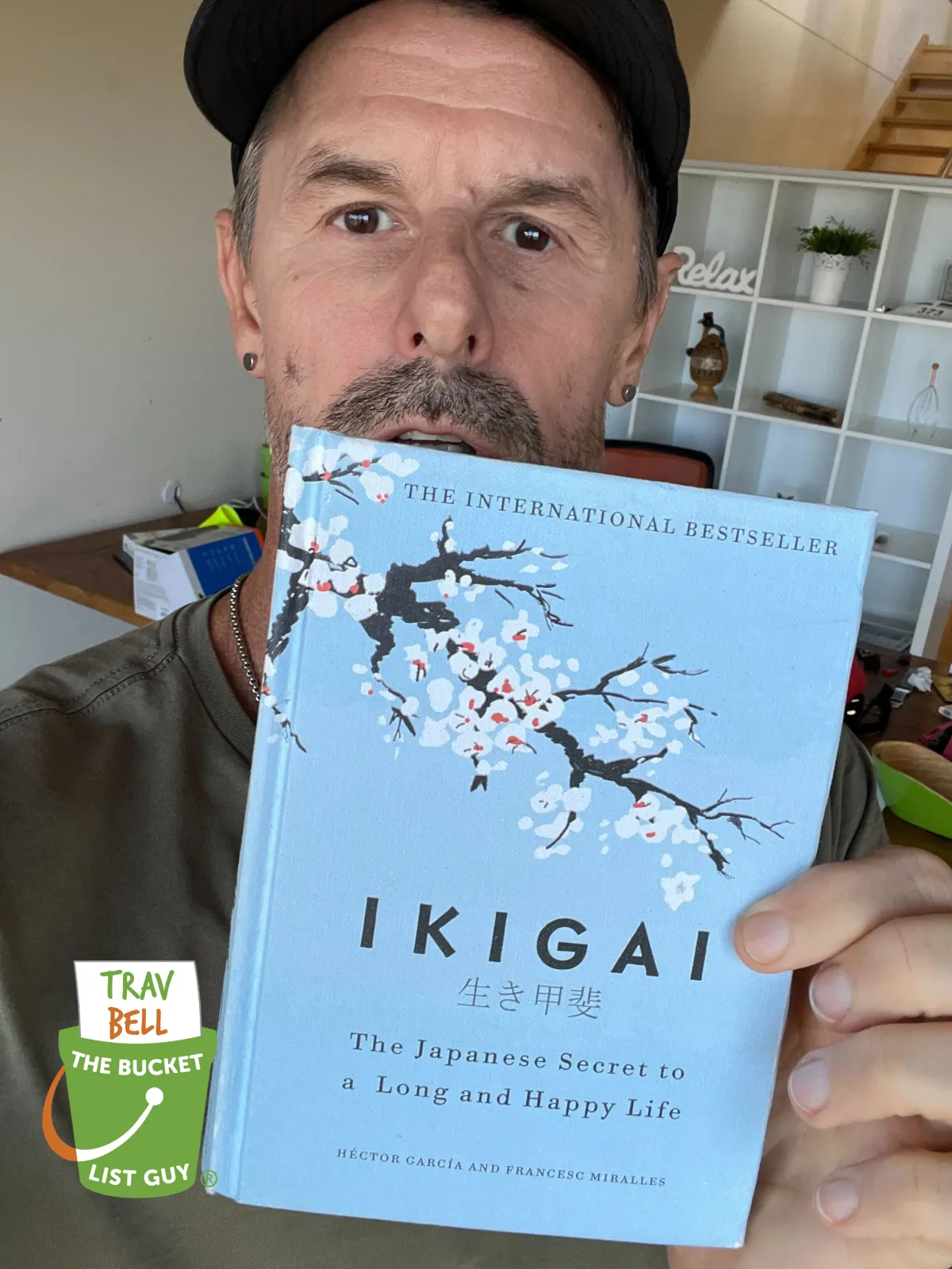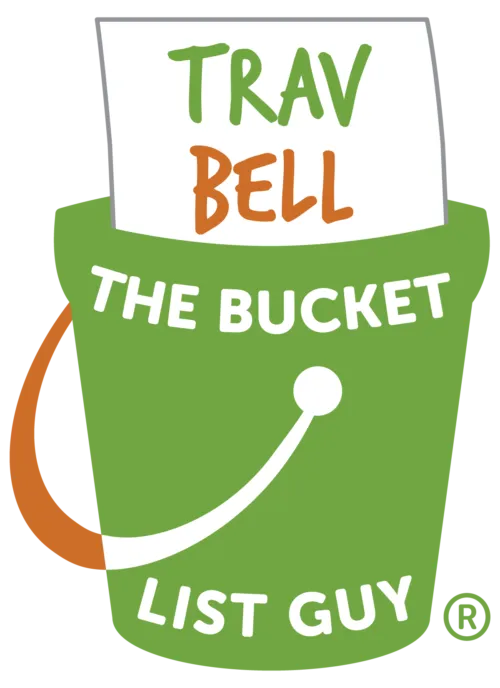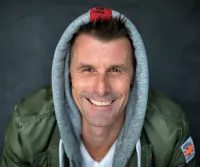LATEST BLOG POSTS

Book 49 of 52: Ikigai by Héctor García & Francesc Miralles
Curious about how I used lockdown as a chance to jumpstart two major Bucket List items? Dive into my full journey here: Read the full blog
Book 49/52 of My #52Books52Weeks Bucket List Challenge
This was a quick and easy read, but one that resonated deeply with me. I’ve known about the Ikigai concept ever since I started as The Bucket List Guy—in fact, it helped shape who I am, my decisions, and my brand.
But here’s the thing…
👉 The popular Venn diagram of Ikigai (what you love, what you’re good at, what the world needs, and what you can get paid for) is actually a Westernized version of the concept. There's more to Ikigai than just finding your “purpose”—it’s a philosophy of living that goes much deeper.
What is Ikigai?
In Japan, Ikigai (生き甲斐) is loosely translated as “reason for being” or “why you wake up in the morning.”
But it’s not just about career or passion—it’s about:
✅ A sense of meaning in everyday life
✅ Living in the present moment
✅ Finding joy in the small things
✅ Longevity & well-being
In Okinawa, one of the longest-living communities in the world, people attribute their longevity to having an Ikigai. They don’t “retire” in the Western sense—they simply live with purpose every day.
How Ikigai Relates to Living a Bucket List Life
As The Bucket List Guy, I’ve always said that life isn’t just about making a living—it’s about making a life. That’s what Ikigai is all about.
✅ It’s about living with intention—not just drifting through life.
✅ It’s about designing a life you don’t need a vacation from.
✅ It’s about waking up with energy, curiosity, and excitement.
In other words, Ikigai is the Japanese version of a Bucket List Life.
Key Lessons from Ikigai
1️⃣ Small Joys Lead to a Big Life
Ikigai isn’t just about a “big purpose” like curing cancer or climbing Everest.
It’s about finding happiness in daily routines—a morning walk, a cup of tea, a conversation with a friend.
2️⃣ Flow = The Secret to Fulfillment
When you’re fully immersed in an activity, you enter a state of flow.
Whether it’s writing, running, cooking, or playing music—flow creates deep happiness.
Find activities that make you lose track of time—that’s your Ikigai.
3️⃣ Stay Active, Never Retire
In Okinawa, people don’t “retire.”
They keep doing meaningful work, whether that’s gardening, teaching, or crafting.
Staying engaged keeps your body & mind sharp—and leads to a longer, healthier life.
4️⃣ Community & Connection are Everything
The longest-living people surround themselves with good friends.
Having a strong social network (a Moai in Okinawa) is one of the biggest predictors of long life & happiness.
If you want a fulfilled life, prioritize relationships over material success.
5️⃣ Move Your Body, Eat Well, Live Long
Most Ikigai-centered cultures move naturally—they walk, garden, and do daily physical activities.
They eat nutrient-rich, plant-based diets (with a bit of indulgence—Okinawans love their sake!).
It’s not about extreme fitness—just staying active and eating well.
6️⃣ Slow Down & Be Present
Life isn’t a race.
Ikigai is about being fully present—not rushing from one thing to the next.
When you slow down, you appreciate life more.
7️⃣ Give More Than You Take
People with Ikigai serve others in some way—whether through work, mentorship, or community involvement.
It’s about leaving a legacy, not just chasing personal success.
The more you give, the richer your life becomes.
This book was a great reminder that living with purpose doesn’t have to be complicated. It’s not about hustling 24/7 or finding one grand mission—it’s about small, meaningful choices every day.
For me, living a Bucket List Life is my Ikigai. It’s my reason for waking up excited, staying curious, and helping others do the same.
What’s your Ikigai? Drop a comment & let me know! 👇
Stay tuned for Book 50 of 52 as I continue this adventure of learning and growth!
#BucketListLife #UltimateChallenge #52Books52Weeks

